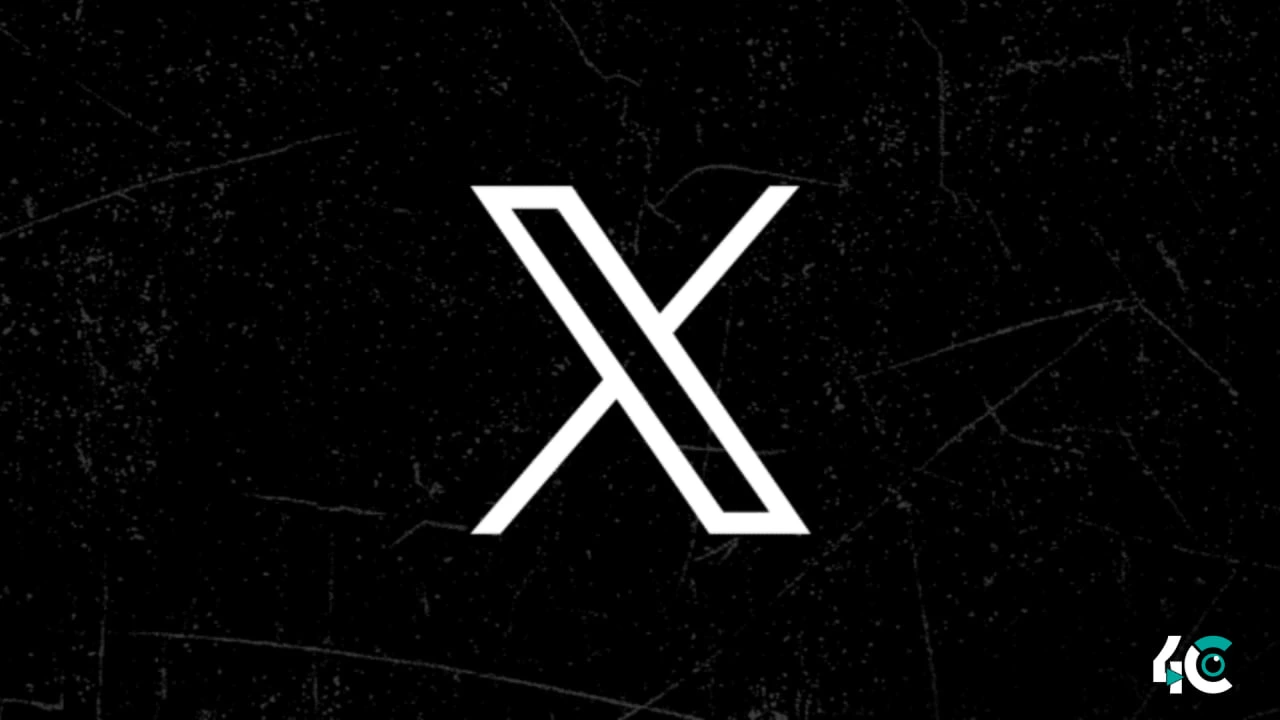The Unexpected Return of X
On September 17, 2024, Elon Musk’s social media platform, X, unexpectedly became accessible to some users in Brazil, a country that had imposed a ban on the service since August 31. This ban resulted from X’s failure to appoint a legal representative in compliance with local laws, leading to heightened tensions between Musk and Brazil’s Supreme Court.
Technical Update: A Double-Edged Sword
According to reports, the brief restoration of service was due to X’s switch to Cloudflare as its cloud provider. The change inadvertently allowed Brazilian users to access the platform without needing a VPN. X’s Global Government Affairs team attributed the access to an “accidental” result of their network transition. However, this incident has raised suspicions among Brazilian authorities and internet providers.
Basílio Rodriguez Pérez, advisor to the Brazilian Association of Internet and Telecommunications Providers (ABRINT), expressed skepticism about X’s claims, suggesting that the service restoration appeared intentional. He noted that the use of dynamic IP addresses associated with Cloudflare could complicate efforts to block access, making it challenging to enforce the ban without affecting other essential services.
Legal Ramifications and Ongoing Tensions
The Brazilian Supreme Court, led by Justice Alexandre de Moraes, had previously ordered the ban due to Musk’s perceived noncompliance with judicial demands related to misinformation on the platform. Following the brief accessibility, a Brazilian court fined X and Musk’s other company, Starlink, for violating the ban, underscoring the legal challenges facing Musk’s enterprises in Brazil.
The fine, amounting to approximately $920,000, was levied in light of the recent service access. However, experts have raised questions about the enforcement of such penalties, especially given Musk’s history of disregarding Brazilian court orders.
The Shift to Decentralized Alternatives
As X navigates these turbulent waters, users are increasingly turning to decentralized social media platforms. Following the ban, Bluesky reported a surge of 1 million new users within three days, indicating a potential shift in online behavior among Brazilians seeking alternative platforms for free expression.
Conclusion: A Tense Standoff
The brief resurgence of X in Brazil highlights the intricate interplay between technology, law, and free speech in a digital age. While the platform’s return was short-lived, it has ignited discussions about the future of online communication in Brazil and the implications for digital regulation.
As the situation evolves, both X and the Brazilian government remain at a crossroads, with the potential for further legal confrontations and shifts in user engagement.
































